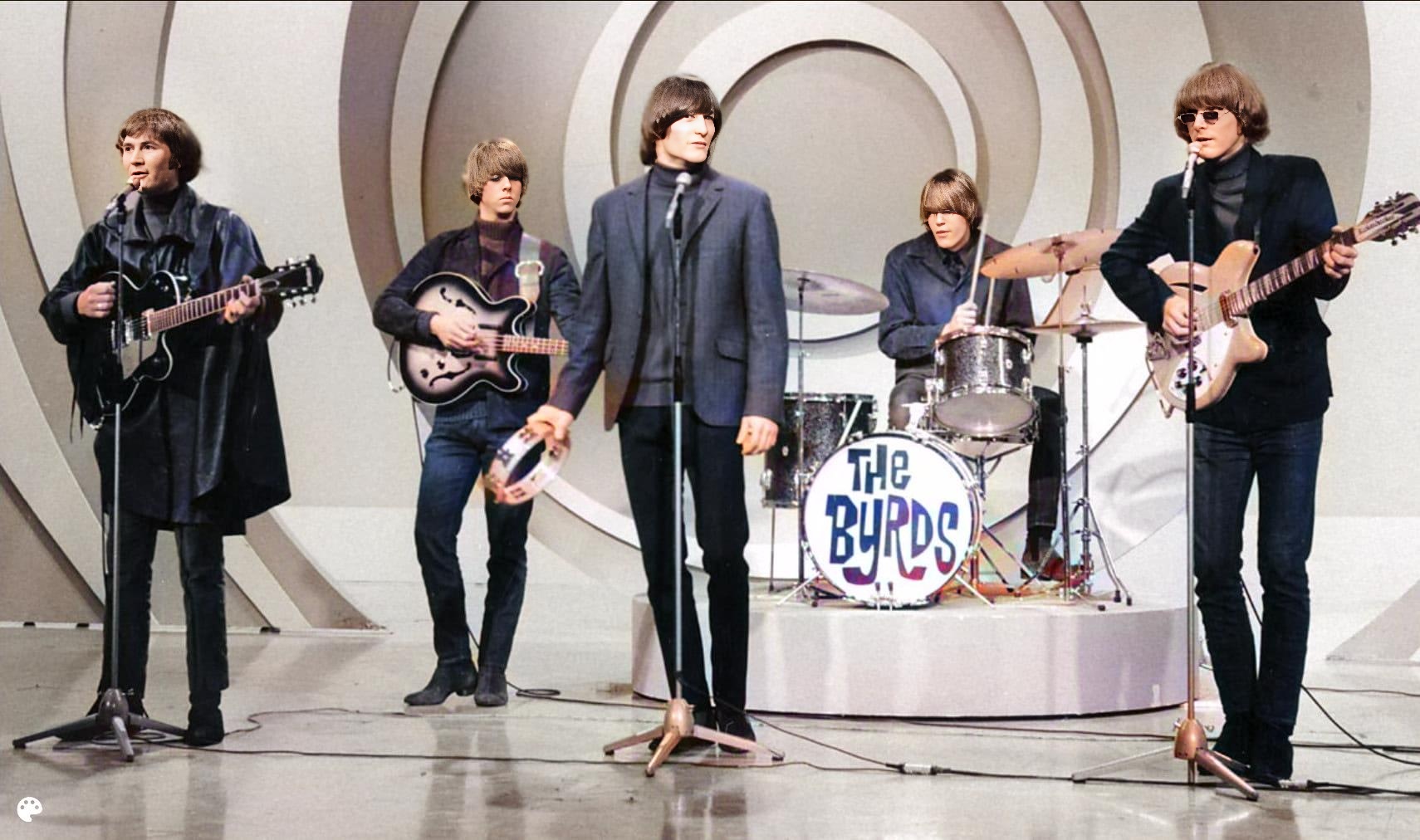
“Mr. Tambourine Man,” a timeless folk-rock anthem, catapulted The Byrds to international fame in 1965. The Byrds, formed in Los Angeles in 1964, were pioneers in blending the intellectual lyrics and social commentary of folk music with the infectious energy and amplified instrumentation of rock and roll. Founding members included Roger McGuinn, Gene Clark, David Crosby, Chris Hillman, and Michael Clarke. Their distinctive sound, characterized by McGuinn’s jangly 12-string Rickenbacker guitar and harmonized vocals, became instantly recognizable and profoundly influential. While The Byrds would enjoy a successful career beyond this debut single, scoring hits like “Turn! Turn! Turn! (To Everything There Is a Season)” and “Eight Miles High,” “Mr. Tambourine Man” remains their signature song.
The song itself, written by Bob Dylan, explores themes of escapism and spiritual seeking through the metaphor of a mystical musician. The lyrics paint a picture of a weary traveler searching for solace and guidance, requesting the “Mr. Tambourine Man” to play a song that will transport him away from the mundane and into a dreamlike state.
Upon its release, “Mr. Tambourine Man” topped the US Billboard Hot 100 chart, signaling the arrival of folk-rock as a dominant force in popular music. It also achieved significant chart success in the UK and other countries. The song resonated deeply with audiences, particularly the youth, who were drawn to its poetic lyrics, upbeat melody, and the feeling of freedom it evoked. Critics also lauded the song for its innovative arrangement and its role in defining a new musical genre. Its lasting appeal is evidenced by its continued presence on classic rock radio stations and its inclusion in numerous “greatest songs of all time” lists, solidifying its place as a cultural touchstone of the 1960s.